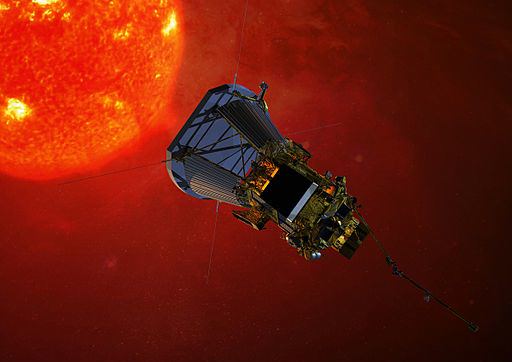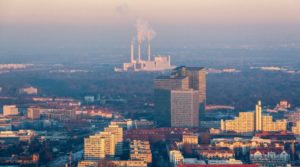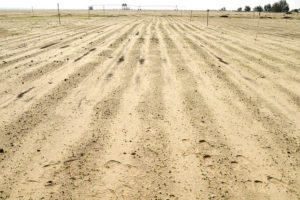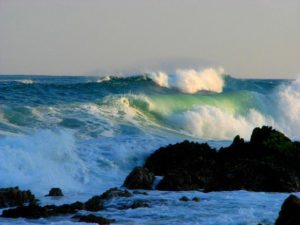Cutting Emissions Is ‘Perfect Option’
Limiting climate change simply by cutting the use of fossil fuels is a much better option than ambitious bioengineering projects such as trying to limit the effects of the sun, researchers have found.
By Tim Radford, Climate News NetworkThis piece first appeared at Climate News Network.
LONDON — There is no alternative. To limit global warming and contain climate change, societies have no real option but to reduce emissions of carbon dioxide into the atmosphere, according to new research. There might be additional useful steps that nations could take, but nothing will be as effective as simply not burning fossil fuels.
Daniela Cusack, a geographer at the University of California Los Angeles, and colleagues report in the journal Frontiers of Ecology and Environment that they looked at all the options and came to the conclusion that abstinence would always be a better answer than such measures as putting giant mirrors in space to reflect sunlight, or multiplying the clouds to block the sun’s rays
“We found that climate engineering doesn’t offer a perfect option,” she said.“The perfect option is reducing emissions. We have to cut down the amount of emissions we’re putting into the atmosphere if, in the future, we want to have anything like the Earth we have now.”
No surprise
Their finding is fresh, but not a surprise. Other research teams have looked at the proposals by the would-be geoengineers, and have come to similar conclusions. They have found that attempts to reduce incoming sunlight might not reduce temperatures, and could even ultimately raise temperatures, or change precipitation patterns, or make arid areas more arid. As recently as March this year, a German-led team came to the same uncompromising answer after looking at all the options again.
But science works by continuous challenge to, and confirmation of, other results. Dr Cusack, an expert on forest and soil ecology, teamed up with experts in oceanography, political science, sociology, economics and ethics to evaluate more than 100 studies of the implications of various kinds of deliberate climate engineering. They also considered the degree to which they were feasible, cost-effective, risky, acceptable, ethical, and subject to some kind of governance.
In the end, they focused on five strategies: reducing emissions; using forests and good soil management to sequester carbon by natural means; capturing man-made carbon dioxide and liquefying it for long-term storage; increasing cloud cover; and solar reflection.
They found that the most promising strategy was to reduce emissions by saving energy, using it more efficiently, and exploiting low-carbon fuels. Humans currently put nine billion tons of carbon each year into the atmosphere, but technology available right now could reduce this by two billion tons.
“We have the technology, and we know how to do it,” Cusack said. “It’s just that there doesn’t seem to be support for reducing emissions.”
New growth
The clearing and destruction of the planet’s forests releases a billion tons of carbon to the atmosphere each year. Simply by halting this and promoting new forest growth, humans could put 1.3 billion tons back into plants each year.
Very simple changes in agricultural practice — for instance, if farmers just left the stubble and plant waste, or ploughed it back into the soil each year — could tuck away between 400 million and 1.1 billion tons of carbon in the loam and tilth, making the soil better able to hold water and nutrients. The burial of biochar — burnt plant material — would also improve fertility and water retention.
“Improved soil management is not very controversial,” Cusack said. “It’s just a matter of supporting farmers to do it.”
Your support matters…Independent journalism is under threat and overshadowed by heavily funded mainstream media.
You can help level the playing field. Become a member.
Your tax-deductible contribution keeps us digging beneath the headlines to give you thought-provoking, investigative reporting and analysis that unearths what's really happening- without compromise.
Give today to support our courageous, independent journalists.









You need to be a supporter to comment.
There are currently no responses to this article.
Be the first to respond.